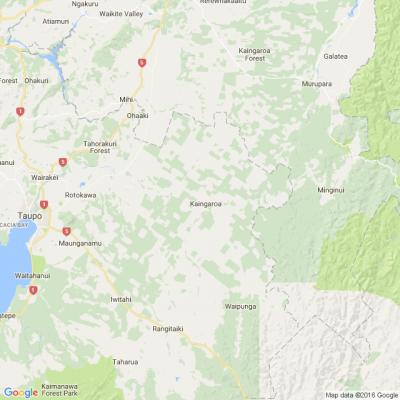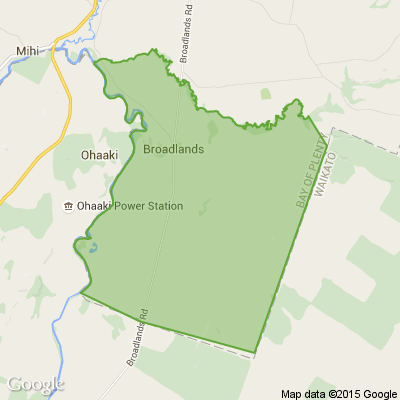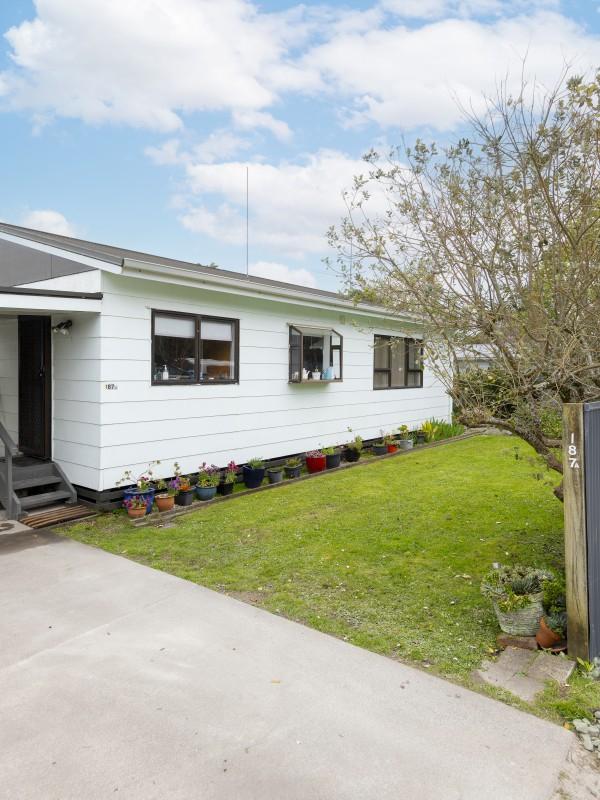re: Do you have diabetes and suffer from chronic pain in your legs or feet?
Did you know......
People suffering from high blood sugar for a substantial period (ie diabetes or diagnosed diabetes) are at a higher risk of developing neuropathy. Apart from changing sugar levels, various other factors like high blood pressure, high lipid levels, smoking, and consuming alcohol can also result in nerve damage.
A recent study conducted on diabetic patients showed that about 50-70 per cent of them developed some form of neuropathy in their lifetime. The study also pointed out that one in three diabetic patients show evidence of diabetes-related nerve damage during their first visit to the doctor. Further, nerve damage results in around 50-75 per cent of non-traumatic leg amputations.
However, this is a preventable complication. It can be controlled by monitoring the blood sugar, which, in turn, will prevent the onset or progression of nerve damage.
Diabetic neuropathy can be classified into four sub-segments:
Peripheral neuropathy
- This condition affects the nerves of the patient's toes, feet, legs, hands and arms, leading to numbness, loss of sensation and pain.
Autonomic neuropathy
- In this condition, the nerves that regulate autonomic function such as digestion, bowel and bladder function, regulation of vision, sexual response, perspiration, heart rate and blood pressure are affected. In the long run, the patient experiences symptoms like constipation, diarrohea, nausea, low appetite, dizziness, blood pressure changes and urinary incontinence.
Focal neuropathy
- Occurs in any peripheral nerve. The onset of the pain or numbness may be severe and sudden, most often in the torso, head or leg. However, it can also occur in the nerves in the eye, causing sudden vision changes.
Proximal neuropathy
- Proximal neuropathy affects nerves in the thighs, hips or buttocks causing pain or numbness. It can lead to weakness in the legs.
Prevention is better than cure
- The best way to prevent neuropathy is to keep your blood glucose levels as close to normal as possible.
Diabetes Help Tauranga, in conjunction with Foot Mechanics Tauranga is running a FREE brief foot screening clinic on Weds 13th September. If you have diabetes, come along and have your risk of neuropathy assessed. Ring our INFOLine 07 571 3422 to make an appointment now.
Read more at:economictimes.indiatimes.com...
Poll: What does 'Kei te pēhea koe' mean?
Te Wiki o te Reo Māori (Maori Language Week) is upon us and we always love to get involved.
Add your vote to the poll and share a phrase in te Reo Māori below to be in to win a $25 Prezzy card.

-
4.4% You are finally here
-
86.2% How are you (feeling)?
-
1.5% There are two fish
-
7.9% Pass the salt, please
Poll: Should drivers retake the theory test every 10 years?
Drivers get where they need to go, but sometimes it seems that we are all abiding by different road rules (for example, the varying ways drivers indicate around a roundabout).
Do you think drivers should be required to take a quick driving theory test every 10 years?
Vote in the poll and share any road rules that you've seen bent! 😱

-
52.2% Yes
-
45.7% No
-
2.1% Other - I'll share below
Gerda Takes On Te Reo Maori!
This year Te Wiki o te Reo Māori, Māori Language Week, is being held from September 16 to 23. It’s an important week encouraging all of Aotearoa to use te reo Māori in everyday life. Similarly, Mahuru Māori promotes speaking and celebrating te reo throughout the month of September.
Over the last couple of years, Gerda, a resident at Diana Isaac Village in Christchurch, has grown her Māori vocabulary by attending the virtual monthly te reo Māori classes offered to Ryman residents. This group learning environment is run by Anita Gill from Te Puna Reo Māori, a Māori online learning provider.
Click read more for the full story.










 Loading…
Loading…



















